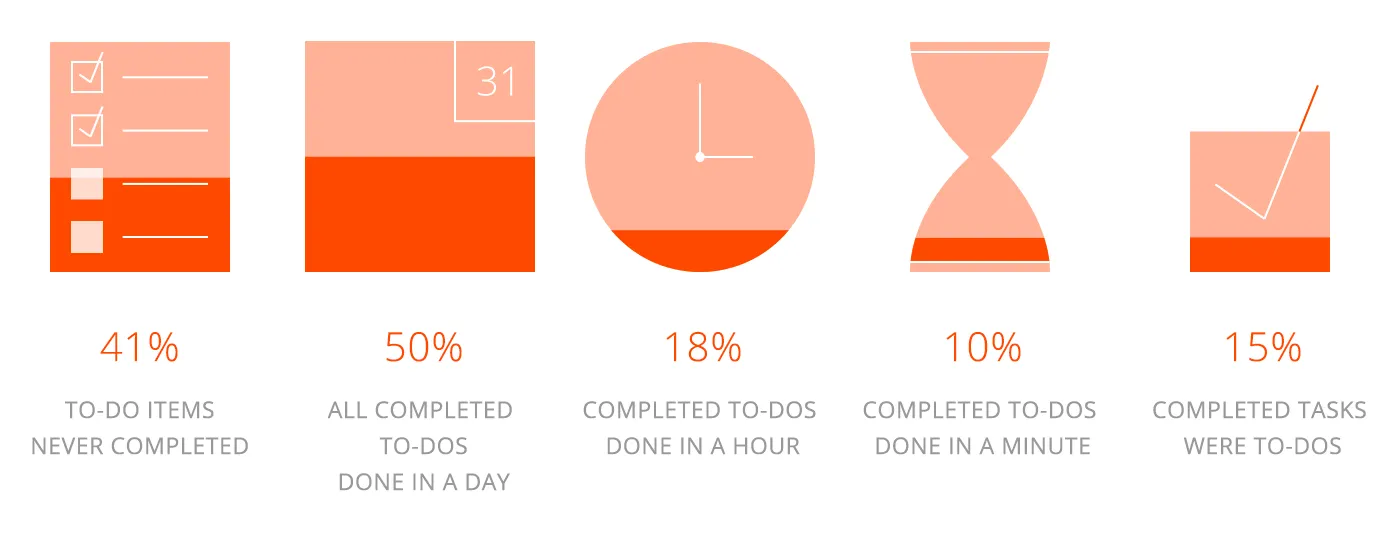The allure of a well-organized to-do list can be enticing. Many people view it as a productivity tool, a roadmap to success, and a way to declutter their minds. However, lurking beneath this seemingly benign tool is the dark side of to-do lists. The pressures of task management can lead to stress, anxiety, and even procrastination. In this article, we will explore the complexities of to-do lists and how they can sometimes hinder rather than help our productivity.
The Psychological Burden of To-Do Lists
To-do lists often create a false sense of accomplishment. When individuals check off tasks, they may feel a temporary rush of satisfaction. However, this can lead to an overwhelming feeling of always needing to do more. The accumulation of unchecked tasks can weigh heavily on the mind, leading to feelings of inadequacy and stress. This phenomenon is known as the "to-do list paradox," where the list intended to simplify life instead complicates it.
Procrastination: The Silent Killer
While one might think that a to-do list would motivate action, it can sometimes have the opposite effect. The sheer volume of tasks can lead to analysis paralysis, where individuals become overwhelmed and unable to start any task. This can result in procrastination, which is often fueled by perfectionism. People may avoid tasks altogether, fearing that they won't meet their own high standards. This cycle can be detrimental to both mental health and productivity.
The Comparison Trap
In the age of social media, it’s easy to fall into the comparison trap. Seeing others share their meticulously organized to-do lists can create unrealistic expectations. When individuals compare their own lists to those of others, it can lead to feelings of inadequacy. This can further exacerbate the stress associated with managing tasks, resulting in a reluctance to even create a to-do list.
When To-Do Lists Become Overwhelming
With the rise of digital productivity tools, many people are now managing their tasks on various apps and platforms. While these tools can be beneficial, they can also add to the overwhelm. Notifications, reminders, and constant updates can create a sense of urgency that is counterproductive. Instead of providing clarity, they can add to the chaos, making it difficult to focus on any single task.
Strategies to Combat the Dark Side
Recognizing the pitfalls of to-do lists is the first step in mitigating their negative effects. Here are some strategies to help manage your to-do list effectively:
- Limit Your Tasks: Aim to have a maximum of five tasks on your list each day. This helps to prioritize what truly needs to be accomplished.
- Time Block: Allocate specific time slots for each task. This can create a sense of urgency and help maintain focus.
- Embrace Imperfection: Accept that not every task has to be completed perfectly. Allowing for flexibility can reduce stress.
- Reflect and Adjust: Regularly review your to-do list. If certain tasks remain unchecked, consider whether they are truly necessary or if they can be delegated.
Understanding the Role of ReferrerAdCreative
As we delve deeper into the challenges of to-do lists, it’s essential to recognize that our productivity tools should serve us, not the other way around. One solution lies in understanding how to leverage tools like referrerAdCreative. This resource can help streamline your task management by offering creative strategies for organizing your workflow. By utilizing such tools effectively, you can reduce the clutter of your to-do list and enhance your overall productivity.
Visualizing Your Tasks
Sometimes, a change in perspective can help alleviate the stress associated with to-do lists. Consider using visual aids like charts and tables to break down your tasks. Below is a simple example of how to structure your tasks visually:
| Task | Priority Level | Time Estimate | Status |
|---|---|---|---|
| Complete project report | High | 3 hours | In Progress |
| Respond to emails | Medium | 1 hour | Pending |
| Team meeting | High | 30 minutes | Scheduled |
| Plan next week’s tasks | Low | 1 hour | Pending |
Visual organization can help you see the bigger picture and prioritize tasks more effectively, reducing the overwhelming feeling that often accompanies traditional lists.
Conclusion
While to-do lists can be a fantastic tool for productivity, they can also cast a shadow over our mental well-being if not managed properly. By understanding the dark side of to-do lists and implementing effective strategies, you can harness their power without succumbing to their pitfalls. Tools like referrerAdCreative can provide additional support in this journey, ensuring that your to-do list serves you rather than overwhelms you.





